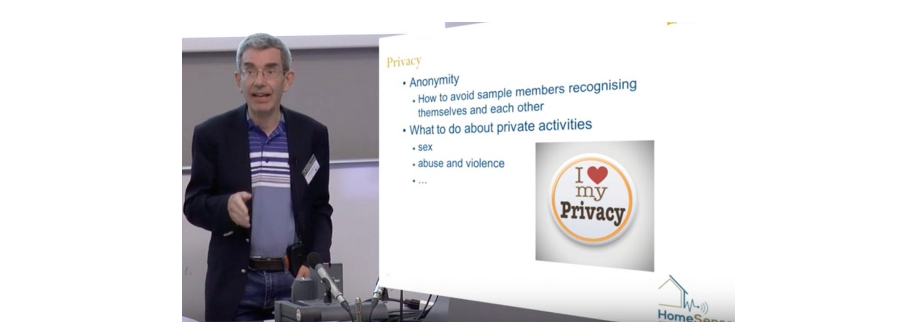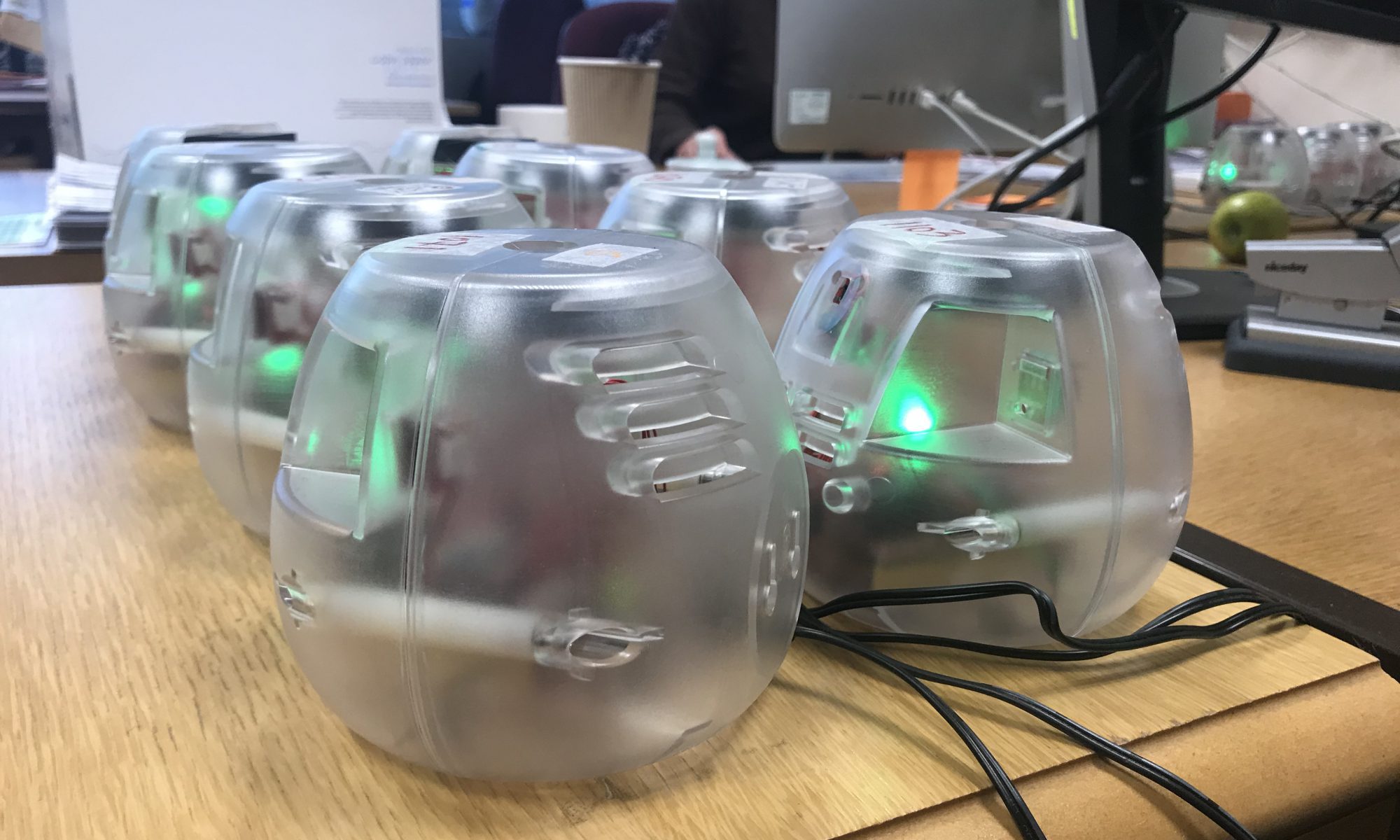Six months into the HomeSense project, Prof. Nigel Gilbert outlined the “interesting ethics issues” that required attention before the field trial could responsibly get underway in volunteer households.

In his presentation, “The Ethics of Sensors” at the 2016 ESRC Research Methods Festival in Bath, Nigel explained the ambition of HomeSense to enable social researchers to use digital sensors alongside self-reported methods and observations. The project is also assessing the extent to which householders might accept sensors in their homes for research, and the final output will be a set of guidelines for use in such studies.
More refined or automated applications of digital sensors in social research could, it’s hoped, lead to more effective assisted living and telecare services, or more efficient use of energy. But before experimenting with sensors in people’s households, some obvious, and less obvious, questions of ethics ought to be addressed. Continue reading “Demystifying the technology important for ensuring the confidences of field trial participants”

